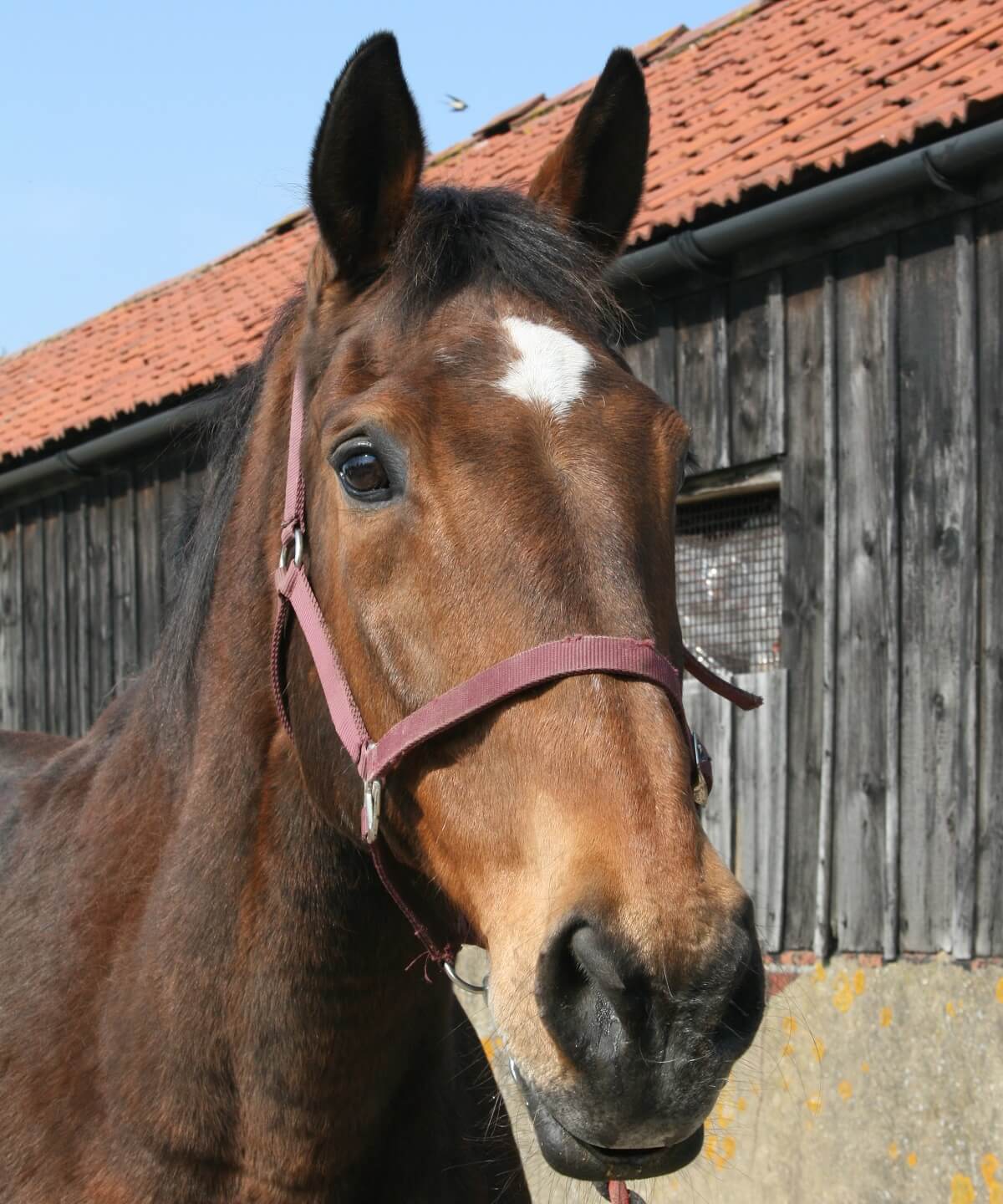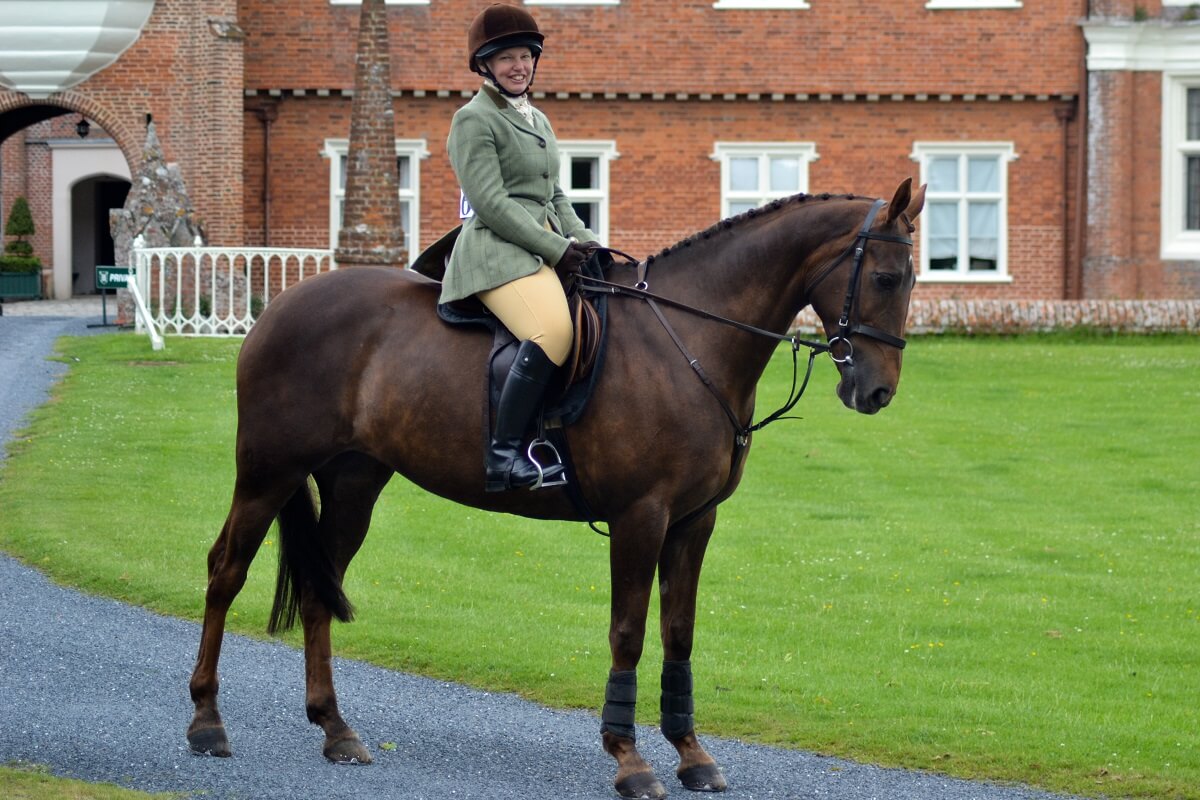Sadly for all of us who own and look after horses, sad days involving the loss of a horse are inevitable. Sometimes events are taken out of our hands but whenever possible it is always best to plan in advance and have thought things through. This will help to simplify difficult decisions, and make saying goodbye to a dear friend, as smooth and painless as possible. At Deben Valley Equine we all own horses and have done for several years. We have all had to say goodbye, therefore we are all very experienced in the emotions you go through, so we are fortunate to be able to guide you through the process, and make a sad day as bearable as possible.
Firstly, when to euthanase can be an extremely difficult decision to reach, although sadly some horses will have a catastrophic event such as a broken leg, or a twisted gut when decisions will have to be made extremely quickly and selflessly. Other times you will be faced with a fading old friend and struggle to know when is the right time to say good bye. All horses are very individual with the way they cope with life, and so are we. Therefore what might be the right time for you may not be the same for someone else. It is very important that you feel you have done the best for your horse under the circumstances, and sometimes you might need the help of friends or our professional advice to guide you in this process.
There are two methods of euthanasia used regularly within the UK, both are humane. Horses can be sedated prior to either procedure. As an owner it is for you to decide whether you wish to stay with your horse or not during the euthanasia process. You may want to remember your horse under pleasant circumstances and not have your last memory of him passed away. Sometimes owners feel they are letting the horse down by leaving them with us. Horses have no specific idea of what is going on and particularly if sedated before you leave, will be blissfully unaware of the whole process, so there is no need to feel guilty about saying goodbye in advance, or wandering off once he has been sedated. If you wish to stay with your horse all the time, we will talk you through the process in advance and support you on the day.
Until about 20 years ago euthanasia by free bullet was the only regular method of euthanasia. This is an abrupt and humane way to end a horse’s life. However we have been fortunate over the last 20 years to develop a good injectable method of euthanasia that is very quick. It has a similar pattern to anaesthesia where drugs act on the central nervous system, causing a cessation of the heart, respiratory systems and brain activity, allowing the horse to depart this world in a graceful and dignified manner.

With elderly horses who are inevitably going to fade away as they age, thus becoming weaker and more vulnerable, it is often preferable to say goodbye to these before they go through the traumas of getting stuck down in fields and cast in stables or become pitifully thin. It may be better to say goodbye to these before they have deteriorated too dramatically. Longevity is a desirable trait in humans, but has no consequence for animals and putting off the inevitable is not necessarily going to be in your horse’s best interests. It is difficult to generalise about these situations and each individual situation should be discussed with your vet.
It is ideal to discuss the process of euthanasia and what you would like done with your horse’s body afterwards, prior to the event if possible, so you have plenty of time to consider what you would be happiest with. Horses can be buried at home if you own your land, you are not a commercial equine business, nor have Environmentally Sensitive Area (ESA) land. They cannot be buried near any water ways. It is possible to gain permission for burial from your local authority if required. However, the time of year and access to land can also dictate whether this is possible or not; plus having a significant mound of earth in their field as a reminder of their horse is not for everyone.
Disposal is expensive as very few horses are used for the meat trade these days. Disposal on mass will be the cheapest option but many people will be happier with cremation which can be individual and specific with or without ash returned. This can be token ash from your horse only, or could be all of the ash from your horse (weighing about 30 kgs and filling a reasonable sized wooden box in most cases). Cremation not done individually is cheaper.
Owners often worry about the companion animal to the deceased horse. We have found that allowing the companion to see the body is often the best way to prevent stress. The best way to do this is to lead them over to the body, as soon as it is safe to do so. Often the companion will sniff their friend, and then put their head down and graze, or just wander away. Allowing them to do this will normally help them come to terms with the situation. Occasionally the companion will become stressed and upset once their friend is taken away. This upset can be minimised by ensuring they can see other horses, but in some cases it may be necessary to give some mild sedation.
I hope you have not found this description too upsetting to read. All of the vets and nurse at Deben Valley Equine are happy to discuss any or all of your concerns regarding saying goodbye to your horse.
Last reviewed May 2019
